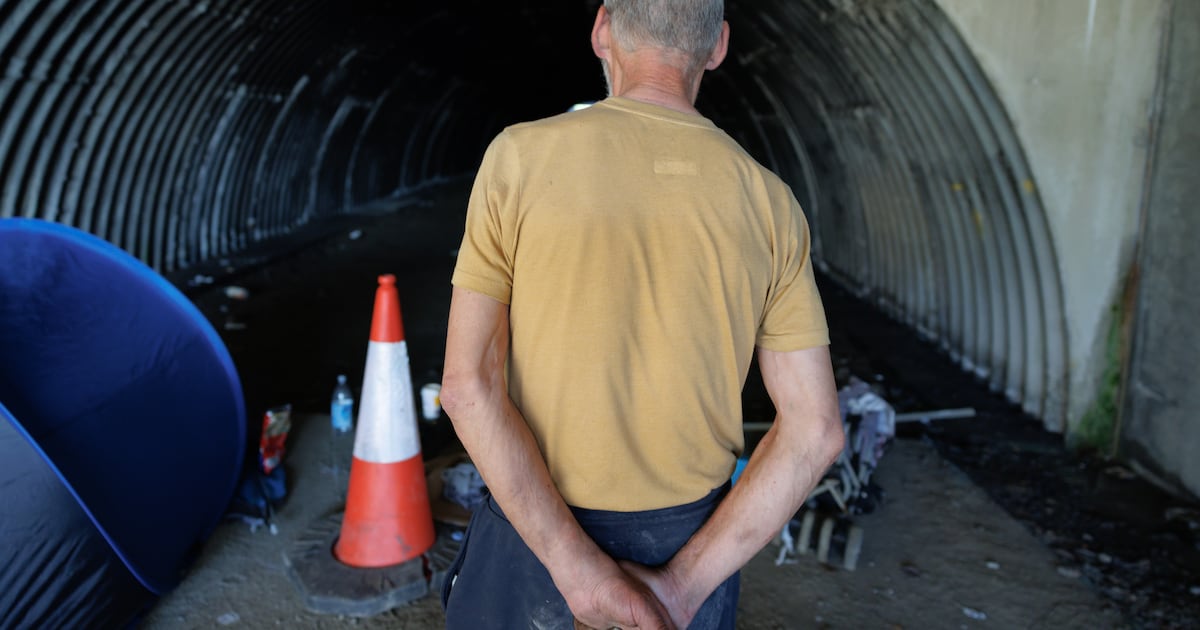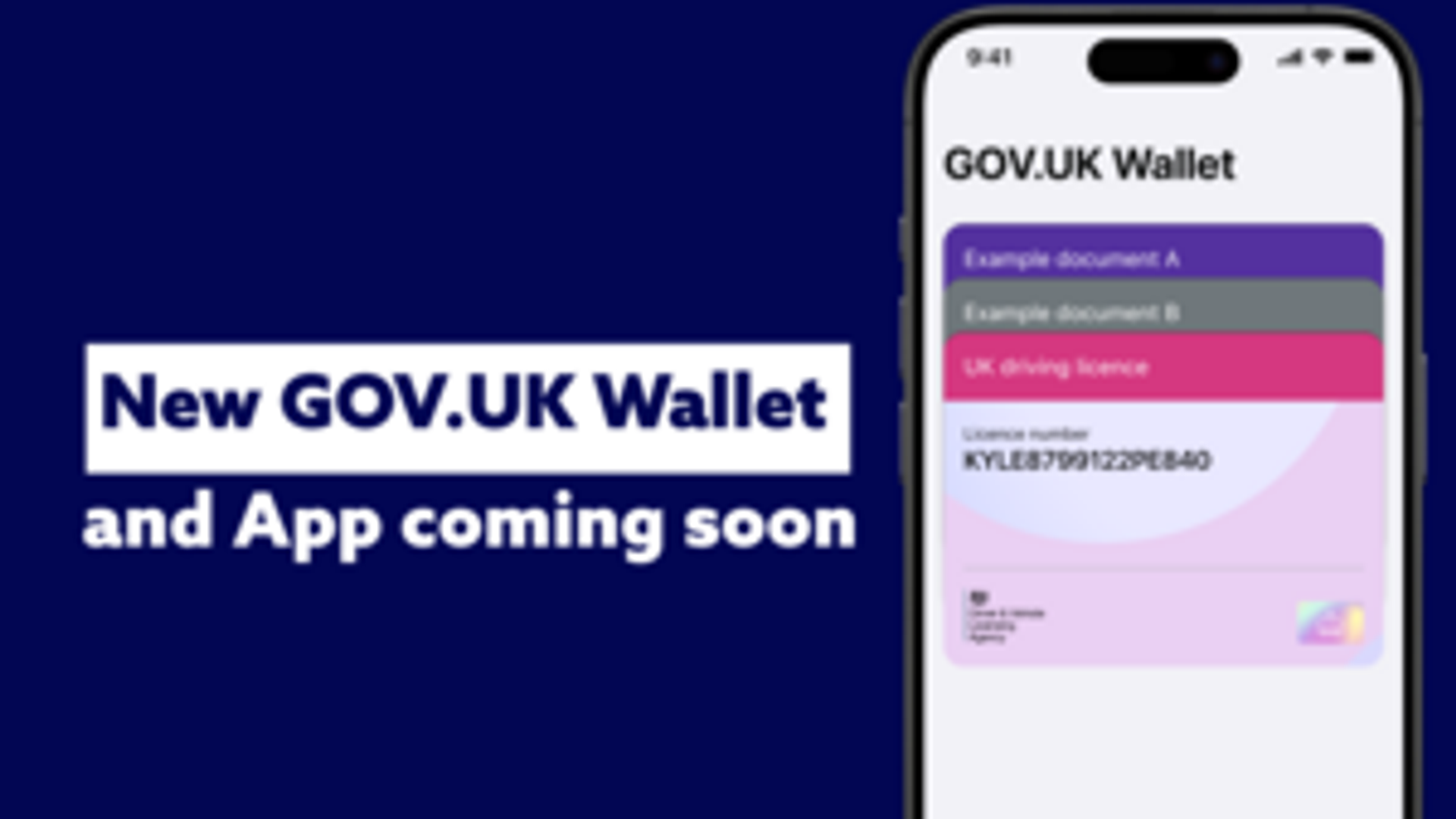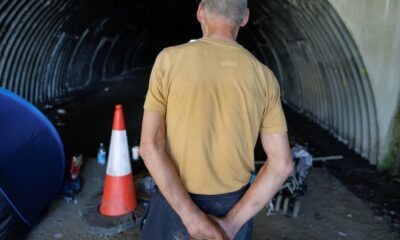Breaking News
RTÉ drops Penneys’ partnership of Late Late Toy Show

Read more on post.
RTÉ has dropped its Penneys partnership with the Late Late Toy Show following a programme about the sourcing of cotton from China.
A RTÉ Investigates programme reported on Thursday that the cotton used in garments that come from many western retailers came from companies that used Chinese forced labour.
The programme outlined how at least 15 Bangladeshi factories that imported hundreds of tons of cotton fabric in 2024 from two companies linked to a Chinese forced labour programme are supplying some of Ireland’s major clothing retailers. The retailers named include Penneys, Dunnes Stores, Marks & Spencer, and Tesco.
The RTÉ investigation by reporter Joe Galvin and producer/director John Cunningham found that the two Chinese companies, the Esquel Group and Jiangsu Lianfa Textiles, have long-established operations in Xinjiang, a region that grows up to 30 per cent of the world’s cotton and is home to a persecuted minority group called the Uyghurs.
RTÉ confirmed it had raised the issue of the sourced cotton some months back.
In a statement RTÉ said the partnership was “paused” because the “Penneys ordering deadline for the Late Late Toy Show pyjamas coincided with the initial conversations with RTÉ Investigates”.
The partnership will be revisited for the 2026 RTÉ Late Late Toy Show.
The broadcaseter added: “RTÉ conducts due diligence on all commercial partners and keeps all commercial partnerships under review.
“Any new information relating to possible work practices or ethical or environmental issues relating to commercial partners will be reviewed by RTÉ. Where necessary, assurances will be sought by RTÉ.”
The partnership ran for a decade and included donations by Penneys to the RTÉ Toy Show Appeal. In 2024, the company donated €100,000.
In a statement Primark, the owners of Penneys, said the programme “did not go into any detail which provided proof that we are linked to this two facilities in China, and I can confirm that we do not work with them.
“Nor did it go into detail that said cotton linked to forced labour was found in our products. The allegations in the programme outlined that 15 factories in Bangladesh, some of which we work with and some which we don’t, are linked to these two facilities. We do not own any factories.”
Primark went further and stated that it forbid its suppliers from “the Xinjiang region. Our position is clear: we do not tolerate forced labour. This is why we insist our suppliers follow our strict operating standards which we continue to strengthen, including third party forensic testing.
“Given Penneys’ ordering deadline for the Late Late Toy Show pyjamas coincided with the initial conversations with RTÉ Investigates, it was paused for this year.
“There is no suggestion of any link between the range and the questions raised in the programme.”
Primark added it was proud of the partnership and of the money raised for children’s charity and looks forward to revisiting the partnership.
Breaking News
Homeless figure climbs to new record high of more than 16,300 people

Read more on post .
The number of homeless people in the State has climbed to another record high, now standing at more than 16,300, including more than 5,100 children.
The latest data, published on Friday by the Department of Housing, shows there were 11,208 adults and 5,145 children in homeless accommodation during the week of August 25th-31st.
These children were included in the 2,391 families registered as homeless last month.
The figures do not include rough-sleepers, those in domestic violence refuges, or the “hidden homeless” such as those sofa surfing.
The figures represent an increase of 295 people since July, when 16,058, including 5,014 children, were homeless.
In August 2024 there were 14,760 people, including 4,561 children, listed as homeless. The latest figure represents an increase of 1,593 homeless people in a single year.
In Dublin 11,782 people, including 3,813 children, were counted as homeless last month – up from 11,567 people including 3,719 children in July 2025.
The figures for last month show that Irish-born people account for just over half (51 per cent) of all homeless adults, with the rest coming from either the EU or the UK (20 per cent) or farther afield (29 per cent).
Some 252 people living in emergency accommodation last month (2 per cent) were over 65 years of age, while 53 per cent (5,956) were aged 25-44.
A further 3,050 were aged 45-64 while 1,950 were aged 18-24.
Most homeless adults (60 per cent) were men.
The number of homeless single adults stands at 7,170, of whom 4,971 are in Dublin.
Catherine Kenny, chief executive of Dublin Simon Community, said it was not too late for those in power to take “decisive action” on the issue.
“Once again, we are witnessing record-shattering homeless figures. Tragically, we are at a stage where we have come to expect these increases,” she said.
Ms Kenny said Budget 2026 must include a clear, cross-departmental plan to tackle homelessness as a “housing, health and social emergency”.
“This cannot be solved in one year – what we expect is the start of sustained investment over the coming years. We cannot expect different results if we continue acting the same way, with housing, health, and social departments working in silos,” she said.
“We can no longer accept seeing the homeless figures climb upward every month. This has been a crisis for some time and it needs to be treated as the emergency it is.”
[ Children have ‘borne the biggest brunt’ of homelessness crisisOpens in new window ]
Pat Dennigan, chief executive of Focus Ireland, said the upcoming Government plan on housing and homelessness, due to be published in October, must be a “turning point.”
“We need more than modest adjustments – it must deliver a bold and transformative shift in housing and homelessness policy.
“The scale of the crisis demands a strategy that is ambitious, targeted, and capable of delivering real impact for the thousands of people currently without a home, and in particular the 5,145 children who are growing up in emergency accommodation,” he said.
Social Democrats TD and housing spokesperson Rory Hearne described the latest figures as “another shameful milestone”.
He noted that the figures showed 1,559 families with 3,273 children had spent longer than six months in emergency accommodation, a 246 per cent increase since 2022.
“The legacy of successive Fianna Fáil and Fine Gael governments is one of complete failures to prioritise ending homelessness.
“The Coalition has failed to protect families and children from evictions and skyrocketing rents, to deliver sufficient social and affordable housing, and to invest in prevention,” he said.
Breaking News
Watch: Officials walk out as Netanyahu addresses UN

Read more on post.
Scores of delegates exited the hall of the United Nations General Assembly as Israeli Prime Minister Benjamin Netanyahu walked up to the podium to give his speech.
Israel’s military response has killed more than 65,000 people in Gaza, according to local health officials, and left much of the territory in ruins.
In an upsurge of diplomacy, there is renewed pressure to end the almost two-year war in Gaza.
This week, in an effort to put pressure on Israel to end the war, ten countries formally recognised the state of Palestine.
Breaking News
What is a digital ID card, will it be mandatory and will it be safe?

Read more on post .
Digital ID will be rolled out across the UK as part of the government’s attempts to tackle illegal working.
But how will it work? Will everyone be legally required to have it? What if you don’t have a smartphone? How does it work in other countries?
We answer all those questions, and more.
Politics latest: Starmer says UK at ‘crossroads’
What details will be on the ID cards?
They will include name, date of birth, a photo, nationality and residency status. A consultation will determine if addresses will be included.
Will digital ID be mandatory?
Yes. All UK citizens will have to have a digital ID, Culture Secretary Lisa Nandy told Sky News.
However, she said it is “entirely their choice” if people want to use them.
The government said people will not be required to carry their ID – although it will be in phones, so people likely will – and they will not be asked to produce it.
The current method of providing a physical driving licence, passport, national insurance, bank statements and utility bills to prove your identity will still be available to use.
How will digital ID be stored and how will you show it?
Earlier this year, the government announced it would launch a gov.uk wallet as part of the gov.uk app launched this summer.
This will look like the ‘wallets’ people can access on their smartphones, such as Apple Wallet and Google Wallet, where contactless bank cards, tickets and loyalty cards are stored and can be used from.
A person’s ID ‘card’ will be stored in the digital wallet, alongside a digital driver’s licence and an Armed Forces Veteran Card, which will launch later this year.
Only government documents will be able to be stored in the gov.uk wallet, and they will not be available through other ‘wallets’.
People will be able to digitally pull up the cards on their phone to display them.
What if you don’t have a smartphone, or don’t want to store ID on your phone?
The government has said people who do not operate digitally, or want to carry a digital ID, will be given a physical card, which will be free.
Read more: The pros and cons of digital IDs – and do we need them?
What will you be able to use digital ID for?
Anything requiring an identity check, ranging from buying alcohol to applying for government services such as driving licences, childcare and welfare.
How will it change employment checks?
For people who are not British citizens, it will be mandatory to show their digital ID to potential employers so they can see their immigration status.
The government said this is the main reason for introducing digital ID as they try to stop one of the key “pull factors” for people to come to the UK illegally.
British citizens will be able to show the digital ID, or their passports, to employers to prove their right to work, a check introduced in 1996.
When will it be rolled out?
The government said digital ID will be available by the end of this parliament, which is set for 2029.
A consultation will first take place to determine how it would work for groups who may not use phones or have difficulty doing so, including older people, homeless people and those with disabilities.
How about cybersecurity concerns?
The government said it will use “state-of-the-art” encryption and authentication technology it already uses to protect digital transactions.
If a phone is stolen or lost, the digital credentials on it can be revoked and reissued straight away.
Ministers said they expect this to provide better security than traditional physical documents.
Will MPs and Lords have to pass legislation?
It seems not.
Culture Secretary Lisa Nandy suggested it would not have to go through the House of Commons or House of Lords and will be pushed through by the government.
When asked if it would have to go before parliament or would just take place, Ms Nandy said: “This is being done.”
-
Politics3 days ago
European Parliament snubs Orbán with vote to shield Italian MEP from Hungarian arrest
-
Culture3 weeks ago
Life, loss, fame & family – the IFI Documentary Festival in focus
-
Health4 days ago
EU renews support for WHO’s Universal Health Coverage Partnership
-
Environment7 days ago
Key oceans treaty crosses threshold to come into force
-
Culture2 months ago
Fatal, flashy and indecent – the movies of Adrian Lyne revisited
-
Culture3 days ago
Twilight at 20: the many afterlives of Stephenie Meyer’s vampires
-
Culture1 week ago
Farewell, Sundance – how Robert Redford changed cinema forever
-
Culture3 weeks ago
What is KPop Demon Hunters, and why is everyone talking about it?















































